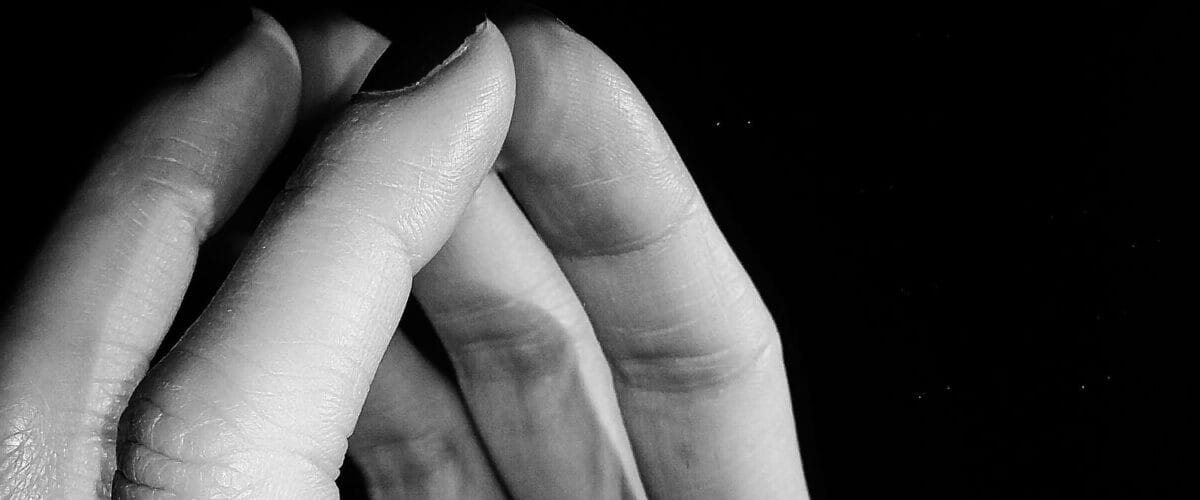My mother kept a note from my 3rd-grade teacher that read: “Greg, was a good boy today. He didn’t bother anyone today and only hit one boy on the playground.” My teacher was apparently offering a rather generous definition of being a “good boy” – or perhaps just a definition, referencing the relative baseline of my previous behavior, comparatively speaking. And I suppose, relatively speaking, I was a good boy – at least that was my mother’s take on me, having shown me that note when I had become an adult . . . but then again, mothers aren’t really known for their unbiased opinions about their own kids.
So is that the way it works – being good is just a subjectively assessed value, subject to how we choose to interpret our culture’s mores or religiously held moral professions? Is being good merely an absence of being bad? Is it a legal formulation, where good and bad keep canceling each other out – except for the really bad stuff . . . whatever that it is? Is this not the very dilemma we created for ourselves in the garden – believing we could figure out for ourselves, what to deem good and bad? So isn’t our whole legal framing of morality, on some level, just a relitigation of that original sin?
If you have a toaster that no longer toasts, you might call it a bad toaster, because a good toaster is able to do the very thing it was designed to do. Good and bad, in this regard, is clearly not a legal matter – but would be better understood as an ontological matter. The whole reason for a toaster to exist is to toast – if it can no longer do that, its existence is in crisis. This is because what a thing is and what it is meant to do, is inextricable.
Now, you might say “that this may be true of inanimate objects, but don’t humans have moral agency?” To which I say – all things have a reason to exist. So isn’t the whole point of having moral agency, to identify whether or not we are existing as we were intended to exist? If not, then what’s the point? Put philosophically, there is an innate symbiosis between our ontology (existence) and our telos (purpose) – they can’t be separated. Psychologically speaking, when we can no longer identify why we exist, this is precisely when we’re the most susceptible to making bad choices – choices clearly at odds with our own wellbeing.
In Mark 10:18 Jesus says “No one is good except God alone.” If we take Jesus’ words to be legally axiomatic – then not only will you never be good enough, you can’t be good at all! But if his words are taken ontologically – then being good is not only what God does, it is also who he is! This is why, apart from God, being good is impossible. Therefore any legal measurement of being good, will only ever be misleading – just another attempt to pick forbidden fruit. We were meant to live in God’s presence – to be with Him. And every moment of our existence is inviting us to remember that this is who we are . . . and this what we do . . . and it’s pretty good.
It’s a simple life in a difficult time . . .




















Comments are closed.